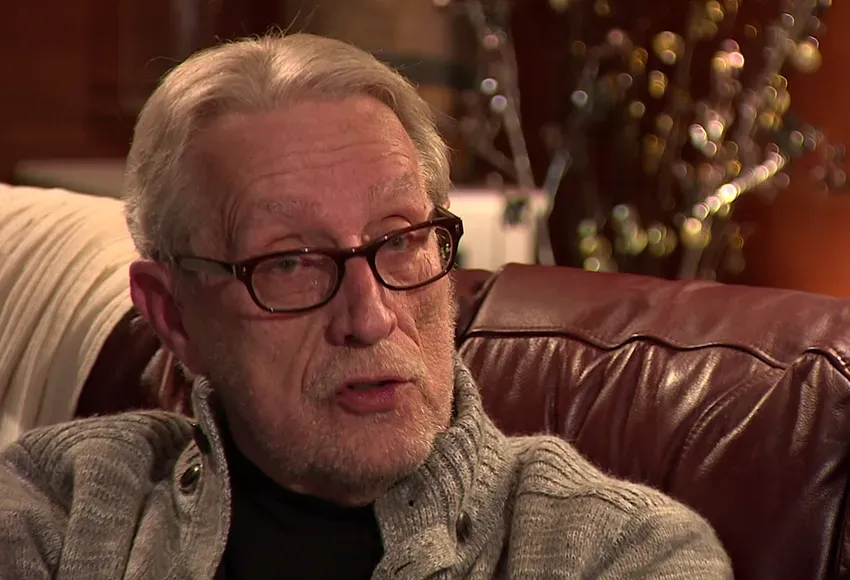After four long years, Charlotte, North Carolina, teacher Lonnie Billard has received justice.
Charlotte Catholic High School fired Billard from his position as a substitute teacher for engaging in "advocacy that went against the Catholic Church's beliefs" after posting on his social media accounts about his upcoming wedding to his fiancé Richard.
Billard had been a dedicated employee of the school, teaching English and drama and even winning "Teacher of the Year" in 2012 before becoming a substitute. According to the Associated Press, he worked more than 12 weeks a year for Charlotte Catholic.
All of that changed in October 2014 when the assistant principal contacted Billard and informed him that he would no longer have a job with the school.
With the help of the American Civil Liberties Union, Billard filed a lawsuit in 2017 against the school, claiming wrongful termination on the grounds of sex discrimination.
After four years, the school is finally facing repercussions, now that its actions have been declared illegal by the state supreme court.
While no federal law exists yet to protect LGBTQ+ people from workplace discrimination, 23 states, including Washington, have laws that prohibit discrimination based on gender identity and sexual orientation. North Carolina, however, has no explicit prohibitions for private employment discrimination based on gender identity or sexual orientation. In 2020, though, the Supreme Court ruled that the 1964 Civil Rights Act protects Gay, Lesbian, Bisexual, and Transgender employees from discrimination based on sex.
The school claimed to have acted under the guise of the First Amendment, which grants individuals the right to religious freedom. The Supreme Court cited this amendment in the Masterpiece Cake Shop v. Colorado decision of 2018, ruling then that it was legal for small businesses to refuse service to Gay people under the principle of religious freedom.
However, US District Judge Max Cogburn disagreed. He wrote in his ruling, "Plaintiff is a lay employee, who comes onto the campus of a religious school for the limited purpose of teaching secular classes, with no mandate to inculcate students with Catholic teachings."
The ruling indicates a possible shift in perspective. While anti-discrimination laws have been in place for decades, protecting gender, racial, and sexual minorities, businesses and organizations have often found ways around the law. Firing Billard for "advocacy," however, was not a strong enough reason. Cogburn took a step toward progress, making a crucial differentiation between a political statement and the celebration of one's identity.
Despite the ruling, the diocese of Charlotte has not had a change of heart. In a statement to the Charlotte Observer, it said, "The First Amendment, federal law, and recent Supreme Court decisions all recognize the rights of religious organizations to make employment decisions based on religious observance and preference." It is still deliberating on how to proceed in the wake of the case, but some speculate it may try to appeal to a higher court.
The case is a difficult one, essentially pitting freedom of religion against freedom of speech and expression. Cogburn says the First Amendment right to the individual is more important than the First Amendment right of the organization.
After a years-long legal battle, Billard can finally rejoice, "After all this time, I have a sense of relief and a sense of vindication. Today's decision validates that I did nothing wrong by being a gay man."


